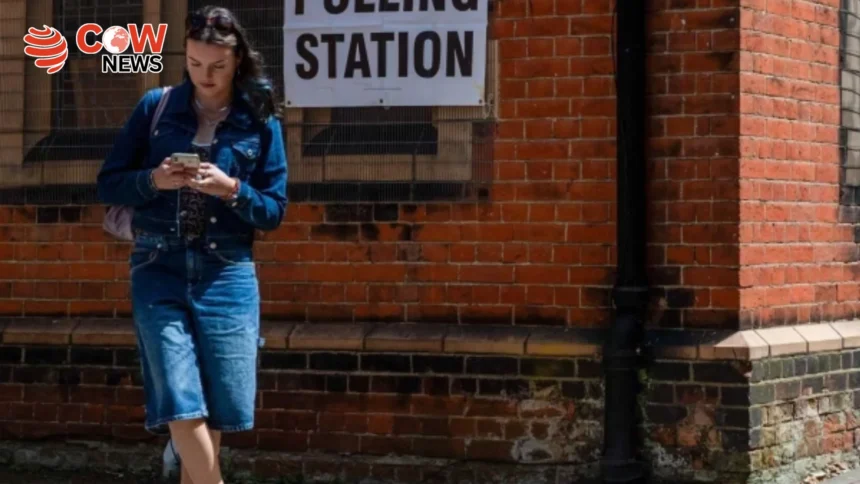LONDON( The COW News Digital) In a landmark move to boost youth engagement in democracy, the UK government has officially lowered the voting age to 16. The announcement, made by Deputy Prime Minister Angela Rayner, is part of a broader effort to restore public trust in democratic institutions.
Speaking at a press briefing, Rayner emphasized the urgency of reconnecting the younger generation with the political process. “Public confidence in democracy is eroding. To rebuild it, we must include the voices of those shaping the future—our youth,” she said.
The new policy will be implemented before the upcoming general elections, allowing millions of 16- and 17-year-olds to vote for the first time in national polls. The decision follows growing calls for youth empowerment and political inclusion, and fulfills a key campaign promise made by the ruling Labour Party.
To simplify the voter registration process, the UK government will now accept alternative forms of identification, including bank cards and military IDs, in addition to traditional identity documents. Officials say the move aims to eliminate barriers for young and first-time voters, making democratic participation more accessible.
“The youth of today are already contributing to society—serving in the armed forces, working in private sector jobs, and participating in civic life. It’s only fair they also have a say in shaping national policies,” the Deputy PM added.
This reform also brings consistency across the United Kingdom. Previously, 16-year-olds could vote in Scotland and Wales in local and devolved elections, but not in England or Northern Ireland. The change now standardizes the voting age across all regions of the UK.
The policy has been widely praised by youth organizations and civil society groups, who view it as a progressive step toward inclusive governance. Critics, however, argue that younger voters may lack the maturity and experience needed for political decision-making—an argument proponents strongly reject.
Political analysts believe this shift could have a long-term impact on voter turnout and party strategies, as parties will now need to address issues directly affecting younger constituents.
The reform signals a significant transformation in the UK’s democratic landscape, prioritizing inclusivity, fairness, and forward-thinking governance in an era marked by political polarization.







